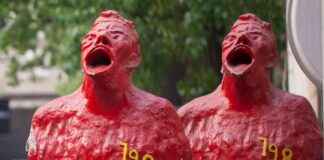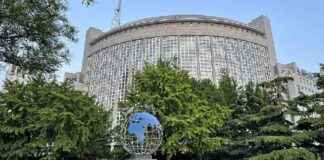The situation in Maputo is extremely tense and violent, with protests continuing in Mozambique after the disputed elections on October 9. Every evening, angry citizens take to the streets, and on Monday, the authorities shut down the internet for the third time. The first nationwide shutdown occurred on October 25, a day after Mozambique’s election commission declared the ruling party Frelimo (Mozambique Liberation Front), which has been in power since independence in 1975, the winner with 71% of the votes. Last Tuesday, there was a second shutdown.
The main opposition parties, Podemos (Optimistic People for the Development of Mozambique) and Renamo (Mozambican National Resistance), reject the official victory of Frelimo under its presidential candidate Daniel Chapo as fraudulent and call for protests, which the police forcefully suppress.
There have been dozens of deaths and injuries, with Amnesty International reporting at least 20 deaths. This week, the police shot a ten-year-old girl in the capital Maputo, and last week, a 14-year-old boy in the coastal province of Zambezia.
In the southwest of the country, South Africa closed the Lebombo border post 80 kilometers northwest of Maputo from Wednesday following ongoing protests in Ressano Garcia on the Mozambican side of the border. Protesters set fire to cars, allegedly after a border police officer shot someone. Schools were closed, and children were sent home.
In the central city of Tete on the Zambezi River, violence reached a school as police and demonstrators chased each other through the streets. The demonstrators sought refuge in the Castro Teofilo School, where the police threw tear gas, endangering the students.
“This is unacceptable,” said human rights activist Cidia Chissungo. “The children were in school because the authorities urged the population to resume their daily activities, despite the announced protests. But now, the same authorities are exposing the children to danger.” She fears similar scenes if people in Maputo were to follow an opposition call for major demonstrations on Thursday.
The situation in Maputo is extremely tense, especially after protesters toppled a monument of the current President Filipe Nyusi a few days ago. The government threatened on Tuesday to deploy the army and accused the protest movement of seeking a coup.
“In Botswana, the elections went smoothly, and the will of the people was quickly respected,” Chissungo continued. Last week, the ruling party in Botswana, which has been in power since independence in 1966, immediately acknowledged its electoral defeat and handed over power to the victorious opposition. “In the USA, it doesn’t take 24 hours for everyone to know the outcome. But in Mozambique, people are being killed so that Frelimo can remain in power.”
As a cooperative, we belong to our readers. And our journalism is not only 100% free from corporate influence but also freely accessible. Texts that may not please everyone and voices that may not be heard elsewhere – always with conviction and here on taz.de without a paywall. Our readers don’t have to pay anything, but they know that good, critical journalism doesn’t come out of nowhere. We are very grateful for that. In order to continue our journalism tomorrow, we need more support. Our next goal: 40,000 – and with your participation, we can achieve it. Show your support for taz and for the future of our journalism. With just 5 euros, you can join us!
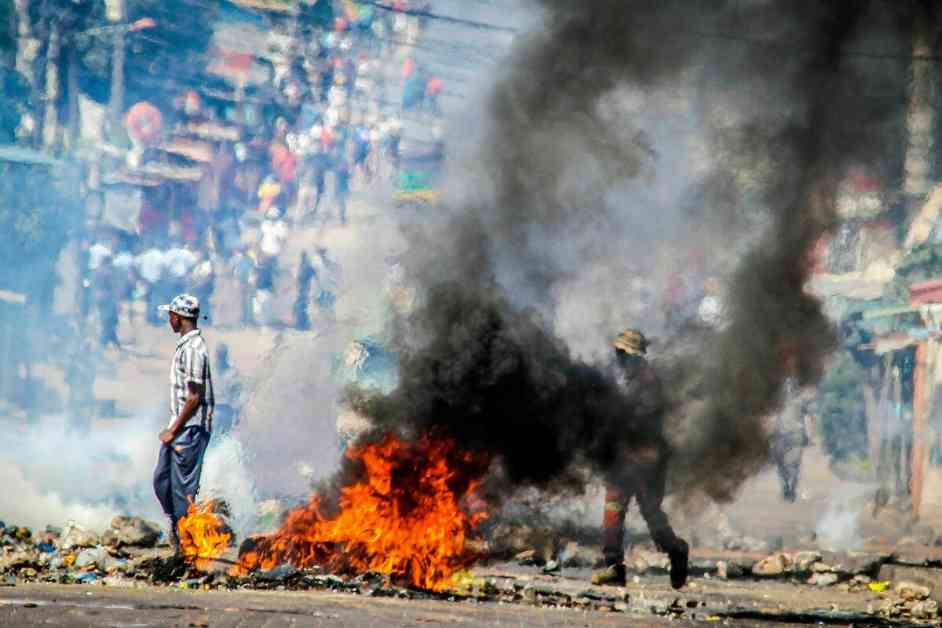
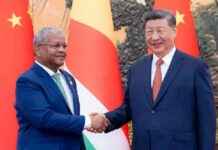


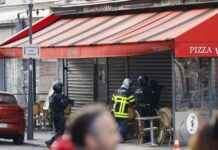




![Indie music fans gather at l’Antipode for [Face B] Kool Things soirée on Saturday night news-15112024-105933](https://shanghainewstv.com/wp-content/uploads/2024/11/news-15112024-105933-218x150.jpg)



